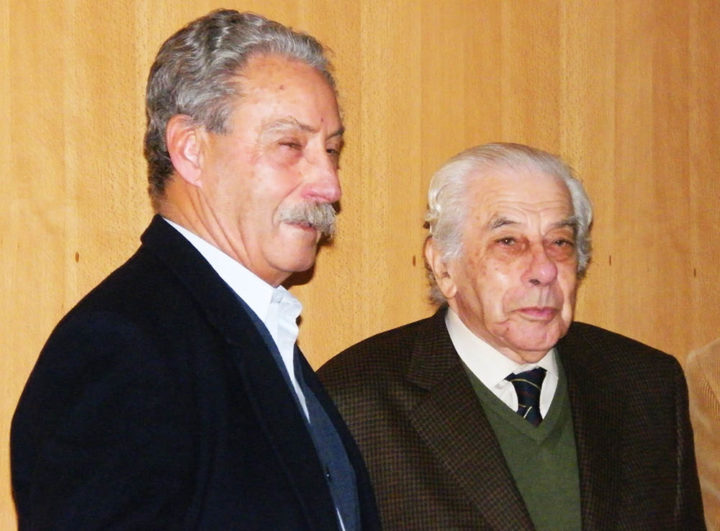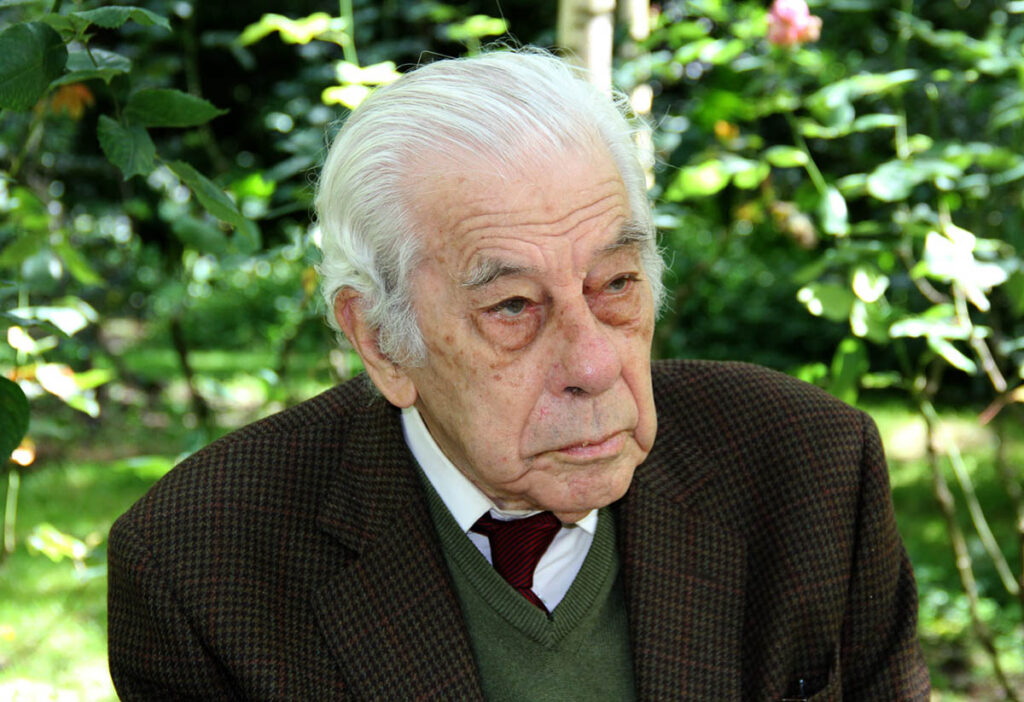In this year of grace 2022, the centenary of the birth of several outstanding personalities of the XNUMXth century and some of the XNUMXst century in Portugal is celebrated. Let us remember Nuno Teotónio Pereira, Agustina Bessa Luís, José Saramago, José Augusto França, Eduardo Lourenço, Adriano Moreira, and the ninety-nine years of Fernando Távora – a golden generation.
To this generation belonged Gonçalo Ribeiro Telles, who died at the age of 98 and would have completed his centenary on the 25th of May.
His life was dedicated to creating the foundations for a good quality of life in our country, giving this concept – which he chose for the very designation of the usually called Ministry of the Environment -, in addition to the importance of the quality of the surrounding environment, also the necessity for human beings, individually and collectively, to have access to other components, which have to do with their spiritual experience. And one of these needs is the creation of beauty, of pleasantness, but also of support for the values of their culture.
This search for beauty and balance between man and nature is the essence of landscape architecture which, better than other academic formations, knows how to interpret what Prof. António Covas has just brought to the fore, such as the poietics of interventions in the territory turned into landscape.
Following the Master of all of us who was Francisco Caldeira Cabral, and among the other great academics of this profession, such as Azevedo Coutinho, Edgar Fontes, Ilídio de Araújo, Álvaro Dentinho, Viana Barreto, Sousa da Câmara, Gonçalo Ribeiro Telles, if for his multifaceted personality, for his creativity, for the exuberance of his conceptions and for the persistent, constant struggle, over decades, in favor of the best use of the biophysical space in which we live – and always with respect for the secular cultural load with which we live in every square meter of our landscapes.
It is equally regrettable that so many people refer to the legacy left by Ribeiro Telles and today, disguised between half words and half acts, everything he left is being dismantled – and which was simply the basic body of an environmental policy that guaranteed the defense of the territory for the maintenance of biodiversity against speculation and against the abuse of resources, especially renewable and rare resources such as soil and water.
For about four decades, the legislative structure formed by the National Agricultural Reserve (RAN), National Ecological Reserve (REN), PDM, PROT and the National Network of Protected Areas reconciled Nature Conservation (CN) with Spatial Planning (OT) and placed our country at the forefront of ecological and environmental modernity, capable of defending itself against speculators and the excesses of the deregulated market.
These virtues were, on the other hand, also the ferment of envy and the impotence of industrial agriculture, industrial cellulose forestry and speculative allotments that many municipalities and the central State itself were brooding over.
As early as 1962, when, because of the colonial war, there was the slogan “Portugal is not for sale”, Caldeira Cabral proclaimed that “it would not be for sale wholesale but retail”, alluding to the abusive subdivisions that were already being practiced in Portugal. Algarve – after all, it was the foundations of landscape architecture that were always at the heart of environmental policy.
But, in the last two decades, we have witnessed the assault on everything that meant guaranteeing the medium and long term: the disintegration of the agro-forestry sector, which no one well educated understands that it should be practised, and the dismantling of environmental policy with the NC diminished and set aside to the “forests”, in a farce for the EU to see, and the OT turned off and changed to another merely political tutelage, when it was the core of environmental intervention.
And, in the face of the daily concerns of the Portuguese, with plenty of problems in their day-to-day survival and a political struggle full of misleading words, we are witnessing the insidious invasion of a barely disguised economic liberalism that corrodes the balanced future of the country.
On the centenary of Gonçalo Ribeiro Telles, there could be no better celebration than the return to the medium and long term perspectives that throughout his life he proclaimed and defended.
Power today understands what that means... but it doesn't like it. Long live the national mess!

Author Fernando Santos Pessoa is a landscape architect and forestry engineer…and he writes with the spelling he learned at school



















Comments